There’s a piece in The New York Times Monday called, “A Father Confronts His ‘Spider-Verse’ Problem,” but we’ll be damned if we can figure out just what that problem is, although the tweet suggests a “deep structural flaw” in “Spider-Man: Into the Spider-Verse.”
This is a baffling piece. The author reluctantly lets his son watch Spider-Man: Into the Spiderverse, overlooking the problematic stuff… which is… what, exactly? He never explains. (Unsurprisingly, the author is a diversity czar at a university.) https://t.co/O6S622xbtm
— Robby Soave (@robbysoave) December 31, 2018
That just about says it all. We’ve read the piece, written by Lawrence Ware, diversity coordinator for Oklahoma State University’s philosophy department, and all we know is that he wants to discuss his problems with the film with his sons, but they’re just so into it. “We cannot expect kids to be as woke as we are,” he laments.
"We cannot expect kids to be as woke as we are," laments aggrieved progressive father. https://t.co/aJtpjFq9V3
— Rod Dreher (@roddreher) December 31, 2018
But again, we’re just not seeing in the piece what the big problem is — maybe you can figure it out from this excerpt:
Miles Morales, the first Afro-Latino Spider-Man, was the focus for the first half of the film, but, thereafter, he became a Spider-Man among Spider-Men. He was no longer the focus, and that puts me in a tough place as a father of young children.
“Transformers: Revenge of the Fallen,” with its racially indelicate portrayals of black people in the form of the Skids and Mudflap characters, was an easy fix: I took away the film. They have not watched “Pocahontas” yet because the movie’s whitewashing of American history is too much for me — and, thankfully, the movie has not been requested. We’ve discussed why films like “Revenge of the Fallen” and “Pocahontas” are a problem, and when we talk about the kind of racial stereotypes those films present (the ghettoized machines of the former, and the noble Indians vs. the violent savage dichotomy of the latter) they usually shrug their shoulders and move on to the next toy.
But I could not imagine having a similar conversation with them about “Spider-Man: Into the Spider-Verse.” They loved it too much.
Recommended
Apparently the deep structural flaw is that there isn’t more Miles Morales in the movie? “I just wish there were less of [the other characters] and more of Miles,” he writes. And with that said, he’s going to allow his sons to love this “imperfect” film like his mother allowed him to love “the second Indiana Jones film despite the racism.”
Imagine having a life so easy that your biggest problem is a cartoon superhero. https://t.co/Yulbkpp3SJ
— jon gabriel (@exjon) December 31, 2018
And so easy that you don't even bother to clearly state what that biggest problem is and still get published because it's at least woke.
— Jean Paul Zodeaux (@JeanPaulZodeaux) December 31, 2018
No, this is just the most recent one of thousands of his concerns.
— Bert Hyman (@berthyman) December 31, 2018
It’s a weird piece. If you’ve seen the film, feel free to dig through it to find out why it’s problematic.
It's a great movie and he is an idiot.
— RussellwEvans (@RwEvans1) December 31, 2018
He doesn't even say what he doesn't like about it!
— John Podhoretz (@jpodhoretz) December 31, 2018
Wow! I thought you might have been paraphrasing and mocking his point of view. He ACTUALLY wrote "We cannot expect kids to be as woke as we are" without a hint of irony!
— Eric M Hamilton ? (@ericmhamilton) December 31, 2018
This article utterly fails to point out what the problem with the movie is and why his kids are "less woke" than the author is for enjoying it.
— Ding Kamb (@authentickemp) December 31, 2018
"Being Woke" needs to be left behind in 2018.
— nicholas (@xXRiseAboveXx) December 31, 2018
This is such a weird piece! The movie was great! And the whole thing is about Miles becoming a teen and his relationship with his family. It doesn’t become a movie about the other spider people
— Jessica (@sthildegardfan) December 31, 2018
It seems that his only issue with the movie is that Miles, according to him, isn't the main focus for the second half, and that makes him not want to let his kids enjoy it? Are his kids only allowed to watch movies that he thinks are perfect?
— ErbBetaPatched (@ErbBetaPatched) December 31, 2018
“When I tell them it’s racist they shrug and move on the the next toy.” Cause kids don’t care. God forbid they like something without someone who sees everything through race corrupting their innocence.
— Gary Over (@GaryOver) December 31, 2018
Imagine being such a bitch.
— BoberFett (@BoberFett) December 31, 2018
You can't expect a lone diversity official to answer such a problematic film.
— Ed Carson (@IBD_ECarson) December 31, 2018
Related:
WARNING: This blue-checked feminist doesn't want men's 'F*CKING HOT TAKES ABOUT' Captain Marvel https://t.co/tu2XD5M8Zs
— Twitchy Team (@TwitchyTeam) December 4, 2018

















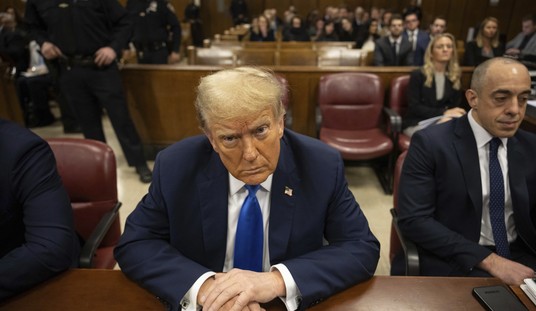
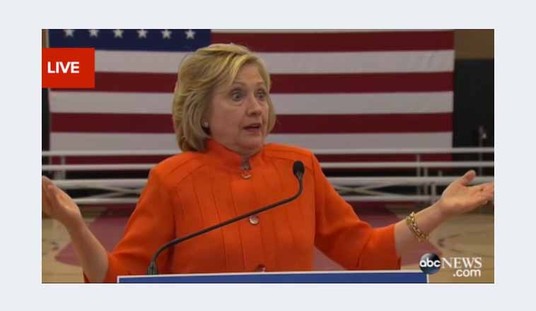

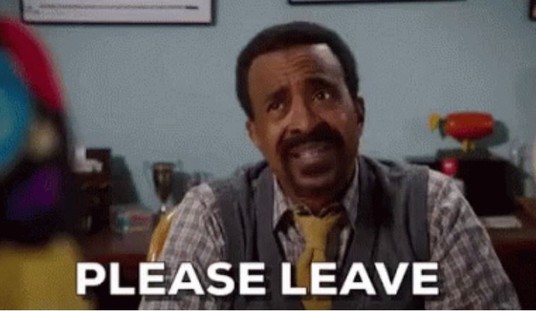

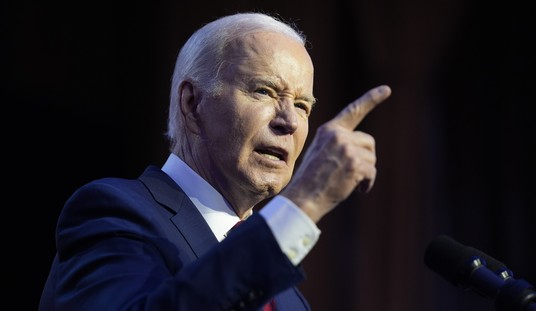
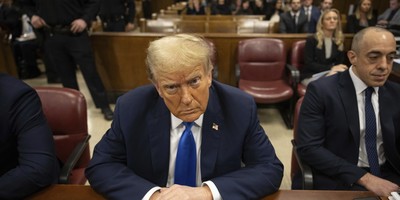
Join the conversation as a VIP Member